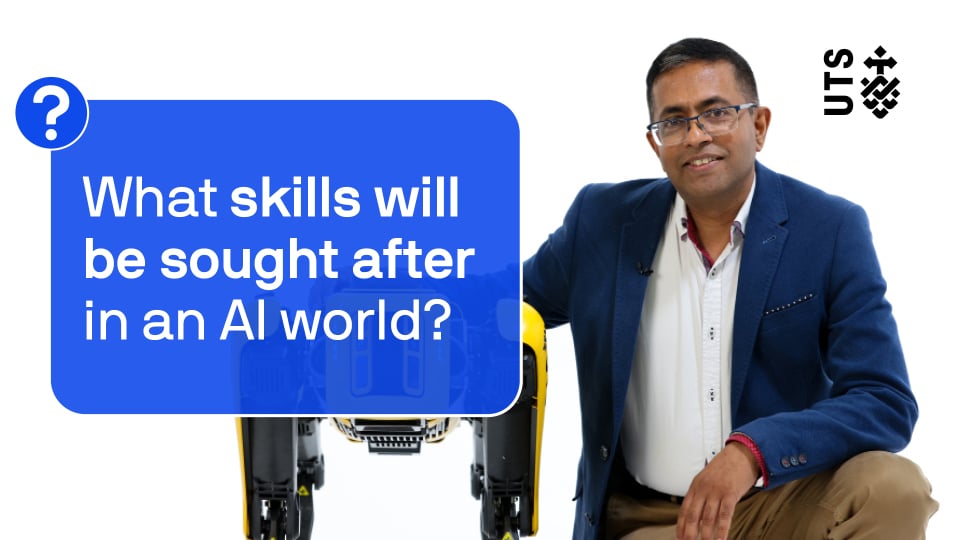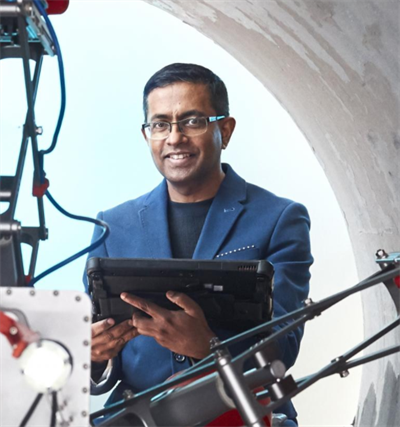Artificial Intelligence (AI) is an incredibly powerful tool for analysing vast amounts of data.
Thanks to recent advancements in large language models, AI is now also highly proficient in tasks such as recognising, translating, predicting and generating text and content. This has meant that for certain professions, AI is able to automate tasks, process massive data sets and handle complex decision-making.
Retail workers
The introduction of AI-driven technologies including cashier-less stores, personalised recommendation systems and inventory management algorithms has reshaped the retail industry. This transformation has impacted roles such as cashiers, sales associates and inventory managers as AI automates checkout processes, personalised product suggestions and optimises inventory levels. The benefit has meant improved customer experiences, decreased costs and increased operational efficiency.
Manufacturing workers
AI-enabled robots and automated systems are increasingly being used in manufacturing settings. These technologies handle repetitive mundane tasks, assembly line work and ensure strict quality control. This trend reduces the reliance on manual labour, minimises errors, reduces safety risks and significantly boosts productivity within manufacturing plants.
Financial analysts and advisors
AI algorithms excel in analysing financial data, predicting market trends and recommending investment strategies and they can do it with greater speed and accuracy than humans. This has directly impacted professions such as financial analysts, stock traders and investment advisors, requiring them to adapt quickly to AI tools for more data-driven decision-making processes and improved portfolio management.
Upskilling for the future
Whilst these three professions are most impacted, Professor Kodagoda explains that all industries and professions will be affected by AI to some extent and gaining familiarity with AI and automation is important.
Professor Kodagoda recommends four key skills that will help prepare for the future:
1. Critical thinking and problem-solving abilities
AI is well placed to handle routine tasks, however lived experiences, the ability to interrogate data, original thought, emotional intelligence and creative problem-solving skills are unique to humans and remain invaluable.
2. Strong collaboration and communication skills
Your ability to collaborate, collectively brainstorm, deliver a message human to human and translate complex information (perhaps generated from AI) and communicate it in a manner that is clear and meaningful to the person receiving the information, will all be important skills in an AI-driven future.
3. Understanding of ethical, legal and responsible AI practices
As AI becomes more integrated into various sectors, it's essential to learn and consider the ethical and legal implications of AI technologies to ensure you’re using these technologies responsibly.
4. Commitment to lifelong learning
Given the rapid evolution of technology, staying updated with AI advancements and acquiring new skills is crucial. UTS offers courses including the Bachelor of Artificial Intelligence, Master of Artificial Intelligence, as well as short courses for AI and more that can help prepare you for the workplace of the future.
By developing these important skills, you’ll be better prepared to navigate the evolving job landscape and to harness and collaborate with AI technologies to achieve optimal human and AI output.








